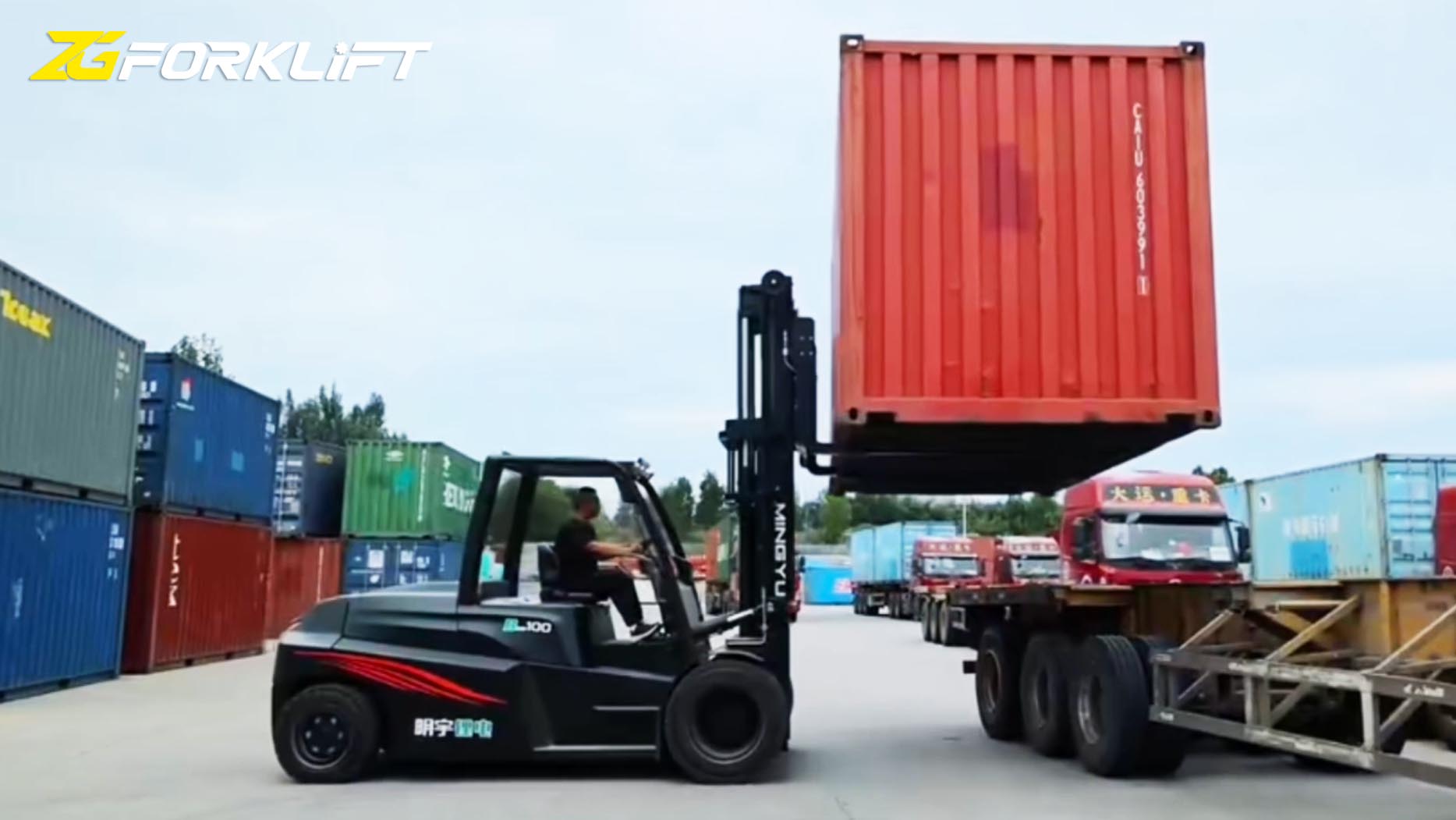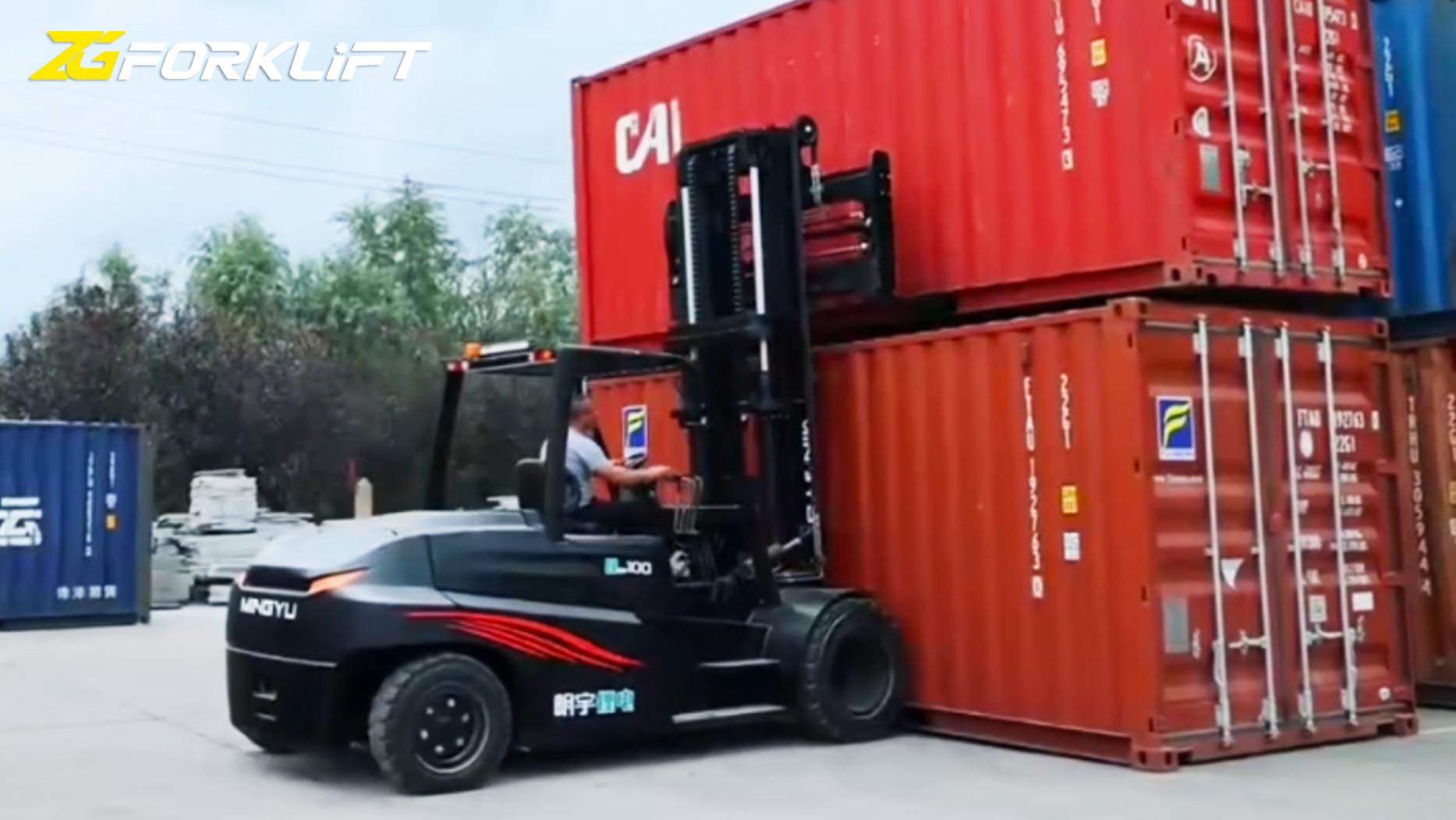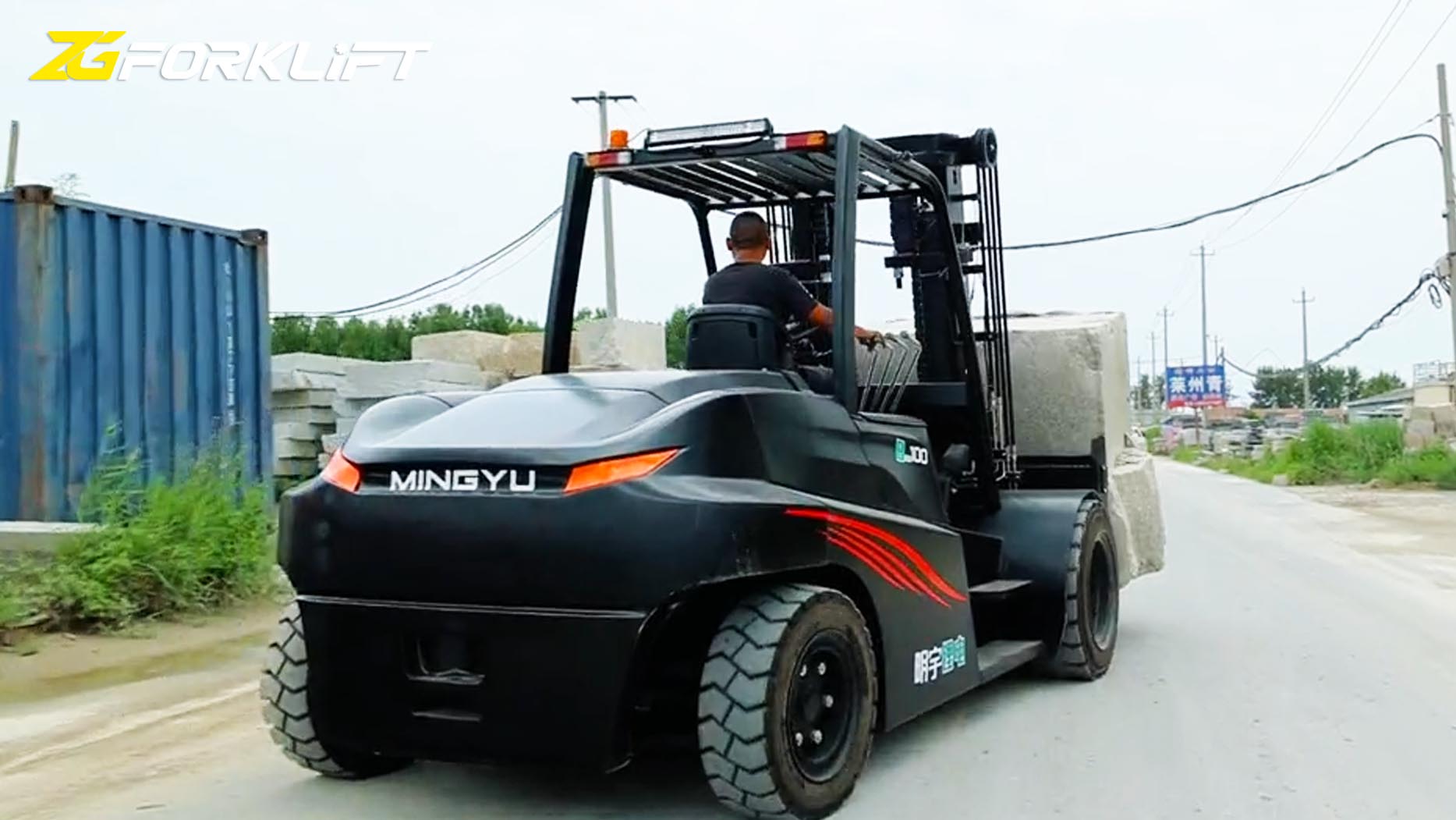I. Introduction
Diesel forklifts are a mainstay in many industries due to their robust performance, durability, and versatility. Compared to other power sources like electric forklifts or gasoline forklifts, diesel offers distinct advantages that make them a preferred choice for demanding applications. This article will explore the key strengths of diesel forklifts, highlighting their suitability for various operational needs.
II. Superior Power and Performance
High Torque and Power Output: Diesel engines are renowned for their high torque and power output, providing exceptional lifting capacity and acceleration. This makes them ideal for handling heavy loads, navigating inclines, and operating in challenging environments.
Examples: Moving heavy pallets, lifting large containers, and operating on uneven or sloped surfaces.
Excellent Hill Climbing Ability: Diesel forklifts excel in applications that involve frequent inclines or uneven terrain. Their powerful engines provide the necessary torque to navigate inclines and maintain traction effectively.
Heavy-Duty Applications: The robust construction and powerful engines of diesel forklifts make them well-suited for heavy-duty applications in construction, manufacturing, and outdoor environments where demanding tasks are common.
Examples: Construction sites, lumberyards, mining operations, and outdoor storage yards.
III. Fuel Efficiency and Cost-Effectiveness
Fuel Efficiency: While fuel efficiency can vary depending on engine design, load weight, and operating conditions, diesel engines generally offer good fuel economy.
Modern diesel engines with advanced technologies, such as fuel injection systems, have significantly improved fuel efficiency.
Lower Operating Costs: The relatively low cost of diesel fuel compared to other fuels like propane or electricity can contribute to lower operating costs over the long term.
IV. Durability and Longevity
Robust Construction: Diesel forklifts are typically built with robust components designed to withstand demanding workloads and harsh operating environments.
Heavy-duty frames, durable engines, and robust transmissions contribute to their longevity.
High Reliability: Diesel engines are known for their reliability and durability, minimizing downtime and ensuring consistent productivity.
Longer Lifespan: With proper maintenance, diesel forklifts can have a longer lifespan compared to some other types of forklifts, making them a cost-effective long-term investment.
V. Versatility and Adaptability
Wide Range of Applications: Diesel forklifts are suitable for a wide range of applications, including construction, material handling in warehouses, outdoor operations, and heavy industrial use.
Attachment Compatibility: Compatible with a wide range of attachments, such as forks, clamps, buckets, and rotators, enhancing their versatility and adaptability to various tasks.
This versatility allows businesses to perform a variety of tasks with a single machine, increasing efficiency and reducing the need for specialized equipment.
VI. Availability and Refueling
Widely Available Fuel: Diesel fuel is readily available at most gas stations and fueling depots, making refueling convenient and efficient.
Established Refueling Infrastructure: The widespread availability of diesel fuel infrastructure simplifies refueling operations and minimizes downtime.
VII. Limitations and Considerations
Emissions: Diesel engines produce emissions, including particulate matter and nitrogen oxides, which can be a concern in certain environments.
However, modern diesel engines with advanced emission control systems have significantly reduced emissions levels.
Noise: Diesel engines can be noisy, which may be a concern in noise-sensitive areas.
Maintenance Requirements: Diesel engines require regular maintenance, including oil changes, filter replacements, and other routine service.
VIII. Conclusion
Diesel forklifts offer a compelling combination of power, durability, and fuel efficiency, making them a preferred choice for many demanding applications. While considerations such as emissions and noise levels should be taken into account, their high performance, versatility, and wide availability make them a valuable asset in various industries.
Post time:Feb.14.2025



